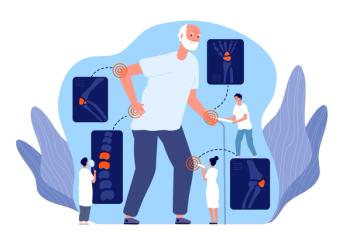
DMARD nonadherence rates in patients with RA range from 0% to 100%, with inconsistent measurement tools and few validated interventions.
Kimberly Rath, PharmD, is a freelance health writer who previously worked as a clinical pharmacist with Elevance Health for a decade. She has also worked for Amerigroup and Sentara Group.

DMARD nonadherence rates in patients with RA range from 0% to 100%, with inconsistent measurement tools and few validated interventions.

Atezolizumab or durvalumab, combined with platinum-doublet regimens, delivered superior responses and survival in patients often excluded from clinical trials.

Oral upadacitinib combined with topical ruxolitinib cream may be a promising therapeutic approach for patients with progressive nonsegmental vitiligo.
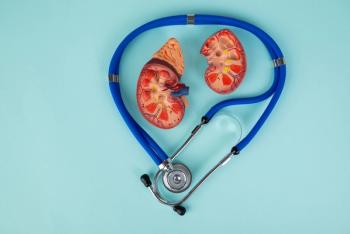
Treating constipation with lubiprostone may confer renal benefits in chronic kidney disease by modulating microbiome-driven pathways.
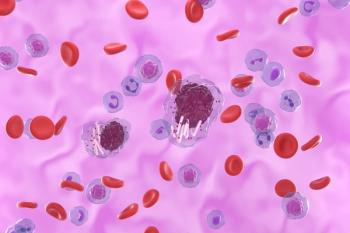
Findings suggest bispecific CD3xCD20 therapy may offer an option for patients with Richter syndrome who are ineligible for transplant or CAR T-cell Therapy.

A recent study outlines how artificial intelligence advancements are transforming research and therapeutic strategies for idiopathic pulmonary fibrosis.

Multidisciplinary care influenced therapy choices but did not substantially shorten treatment delays for patients with sarcoma.
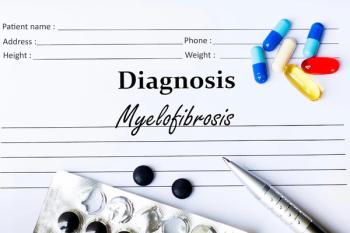
Underdosing, poor spleen response, and transfusion dependence drive inferior survival outcomes in intermediate-1 myelofibrosis.
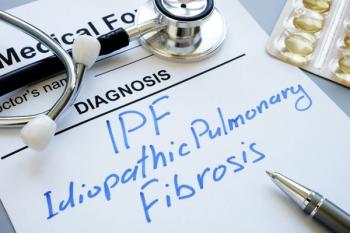
Findings reveal that alternative polyadenylation regulates SASP factors and may fuel age-related pulmonary fibrosis.

The chronic spontaneous urticaria treatment landscape has shifted in recent years, with expanding treatment options for patients with refractory disease.

Despite reduced immune responses, immunization lowers infection rates and remains central to supportive care in patients with multiple myeloma.

A primary care–based collaborative care model significantly cut opioid use, though mental health outcomes remained unchanged.
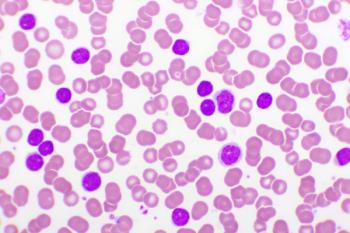
Novel 3D analysis reveals core tumor niches drive resistance through AP-1 signaling and stromal reprogramming.

A qualitative study found strong support for primary care provider–nephrologist comanagement of chronic kidney disease (CKD), but persistent deficits in CKD understanding remain.

Synthetic generation replicates key clinical patterns from real-world data, enabling valid analyses with fewer patients.
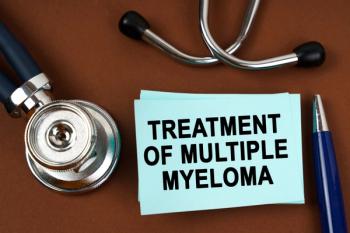
Emerging data suggest that isatuximab‐KRd and daratumumab‐KRd produce superior depth of response compared with KRd alone, with sustained MRD negativity and encouraging progression‐free survival in NDMM.

Men fared better under surveillance, while women benefited more from targeted therapies for the treatment of chronic lymphocytic leukemia (CLL) in a new study.
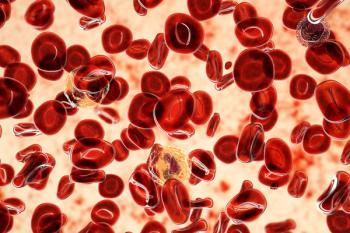
A rare case report describes a young woman whose relapse of AML following MPN coincided with severe worsening of pulmonary hypertension, highlighting the need for vigilant cardiopulmonary monitoring in hematologic malignancies.
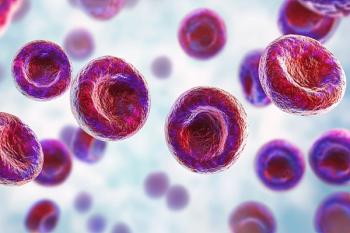
Real-world longitudinal data suggest that in CLL, regular immunoglobulin replacement therapy may not reduce, and may even correlate with increased, serious infection rates during treatment periods.

From alveolar injury to extracellular matrix accumulation, the complex biology of pulmonary fibrosis is being unraveled alongside explorations of both Western and traditional Chinese therapies.

Quantitative muscle ultrasound correlates strongly with ambulatory and timed function tests in Duchenne muscular dystrophy, suggesting it could complement or even replace more burdensome assessments.

A comprehensive US analysis showed that progress in multiple myeloma survival has not been shared equally, with significant disparities persisting despite improved therapies.
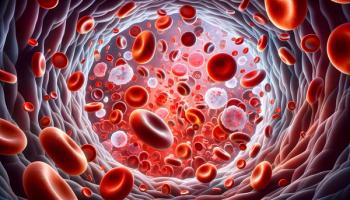
Patients with chronic lymphocytic leukemia (CLL) or small lymphocytic leukemia (SLL) treated with venetoclax plus obinutuzumab experienced significantly higher rates of serious infections compared with those receiving zanubrutinib, according to real-world data.

Disparities in multiple myeloma outcomes and the need for equitable care were the focus of 2 posters presented at the 2025 American Society of Clinical Oncology annual meeting.
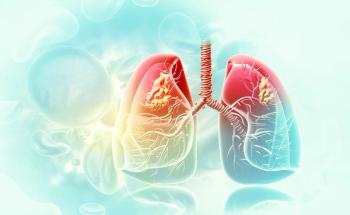
Elevated NLR may no longer predict poor survival outcomes in patients with small cell lung cancer (SCLC) receiving immunotherapy, according to new research.

A phase 2a trial of camlipixant, a selective P2X3 receptor antagonist, found that while the drug did not significantly reduce cough frequency in the overall population with refractory chronic cough, it produced meaningful improvements in patients with a higher baseline cough burden.

Remote care reduced readmissions and improved functional outcomes in COPD in a recent study.
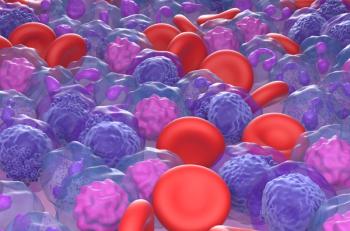
Two posters presented at the 2024 American Society of Hematology meeting reported real-world outcomes data for patients treated for pediatric acute myeloid leukemia (AML).
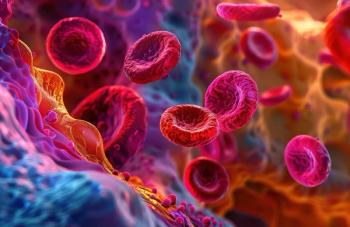
A study demonstrated that pre-transplant measurable residual disease (MRD) status is a strong prognostic factor for overall survival, disease-free survival, and relapse risk in patients with AML and MDS undergoing allogeneic stem cell transplantation.
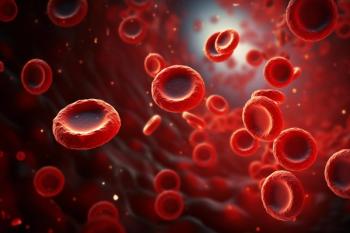
A new study evaluating the quadratic phenotypic optimization platform shows it can accurately predict personalized drug combination sensitivities, paving the way for improved treatment strategies and outcomes in acute myeloid leukemia (AML).

259 Prospect Plains Rd, Bldg H
Cranbury, NJ 08512
© 2025 MJH Life Sciences®
All rights reserved.
